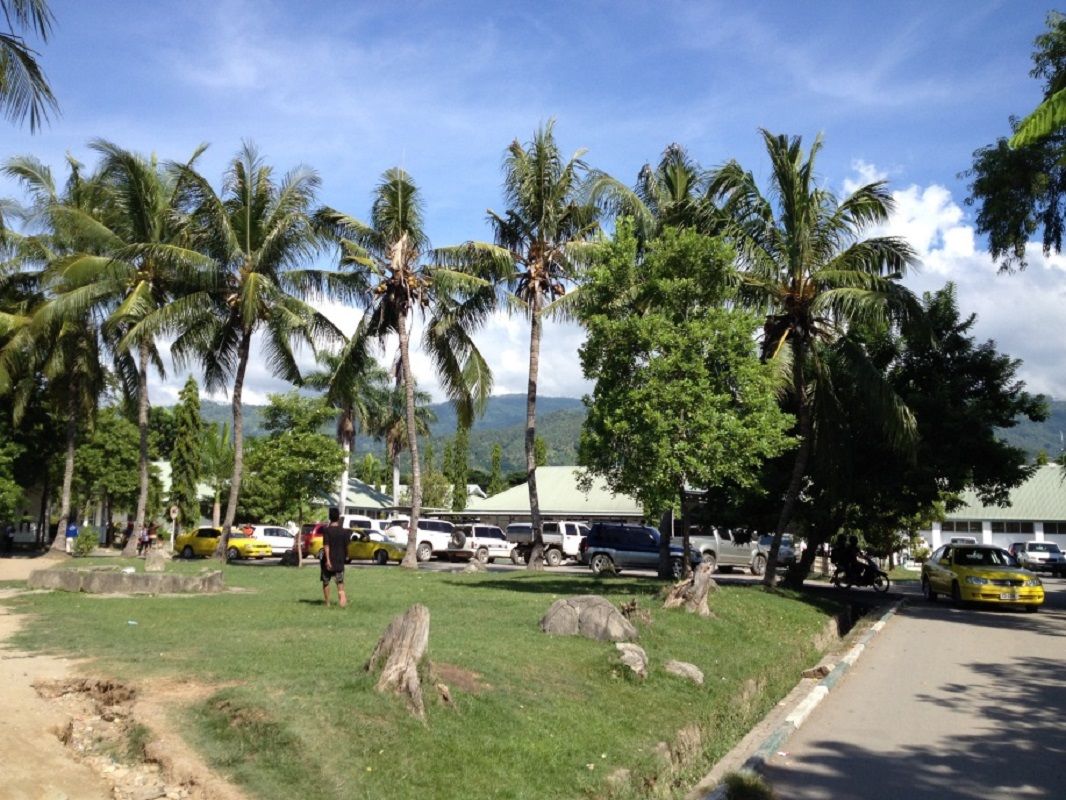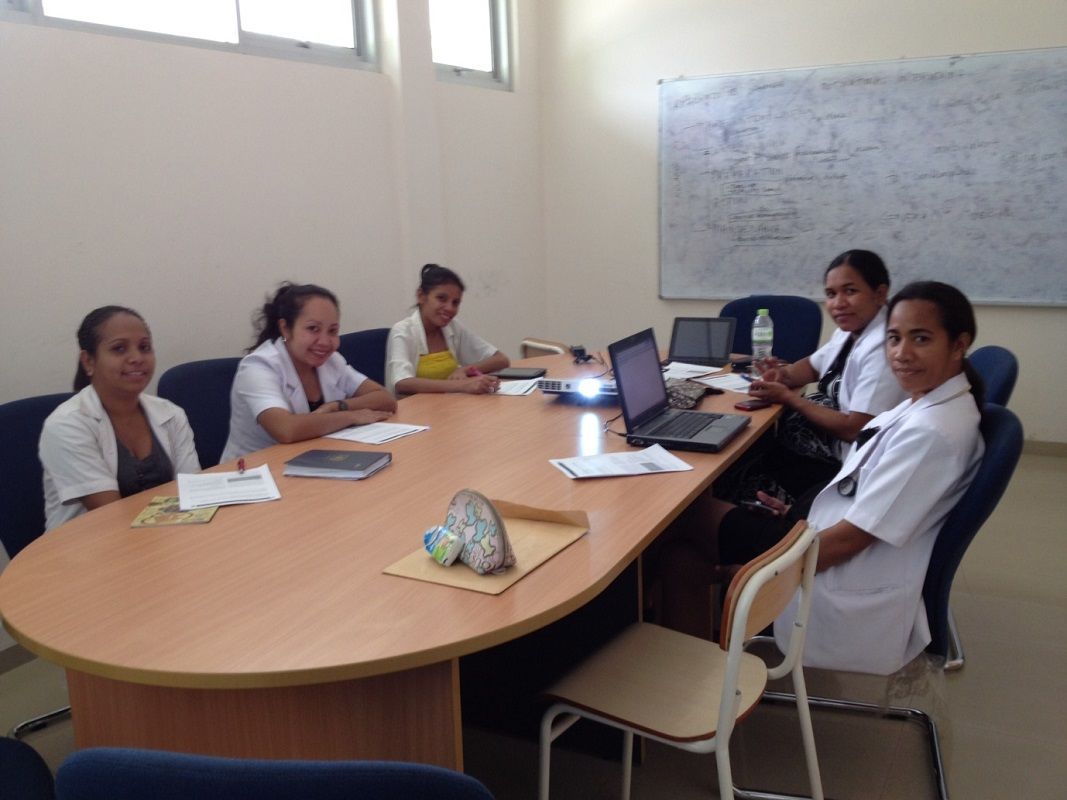Evidence Based Medicine
| Traditional health education in resource limited settings followed an apprenticeship model of “see one, do one, teach one”. However, apart from knowing basic facts and being familiar with common procedures, today’s global health professionals need to engage in “the conscientious, explicit and judicious use of current best evidence in making decisions about the care of the individual patient”.1 The old saying “Give a man a fish, and you feed him for a day. Teach a man to fish, and you feed him for a lifetime” is also true in global health education. Despite the overload of information available on the internet, many health professionals do not have the ability to find information that is correct (scientifically robust and unbiased), up to date and relevant for their situation. Two key skills required for successful utilisation of the available online health information are: 1) Systematic searching; and 2) Critical appraisal skills. The use of the PICO framework (combining the elements “Population, Intervention, Comparison and Outcome” to frame the question)2 for searching large international biomedical databases enables the practitioner to identify potentially relevant health literature. The appropriate use of critical appraisal tools enables them to assess and appraise each article’s trustworthiness, significance and relevance to their situation. Personal experience from teaching these skills in resource limited settings (where textbooks are often years out of date) has highlighted their usefulness in enabling health practitioners to access the up to date evidence based information, resulting in a change in practice from mindlessly following what was previously taught (recipe book style practice) to a more thoughtful critical approach. During a sabbatical in Timor-Leste (2014), I assisted junior doctors to cultivate an evidence based approach to health. There was a lack of up to date text books, but all doctors carried a smartphone and had access to the internet. I ran workshops over four weeks at the Guido Valdares National Hospital in Timor-Leste, informing doctors about free online resources and how best to find answers to their clinical questions. They were also taught the basics of research methodology, how to assess the evidence using the PICO approach on PubMed and how to critically appraise the evidence and its applicability to their setting. | Doctors gave very positive feedback, saying they developed a good understanding of how to find evidence based answers to clinical questions using their smartphones. Six months after the course, the doctors were sent a brief survey and and all of them reported that they had used what they learnt. When asked what they did to resolve a clinical query, 90% reported assessing the evidence using PubMed/Hinari/WHO websites while 60% would refer to a textbook or ask a colleague. They also felt more confident and empowered to make good healthcare decisions, and were keen to teach others how to do this. In resource limited settings it is particularly important to teach front line healthcare workers how to practice evidence based healthcare using the resources they have available. Using smartphones to access free online resources and learning how to search, critically appraise and apply that information is one such method. Patrina Caldwell Acknowledgement: Thanks to Professor David Brewster who works tirelessly to support paediatric teaching to the junior medical staff in Timor-Leste.
|
 |  |